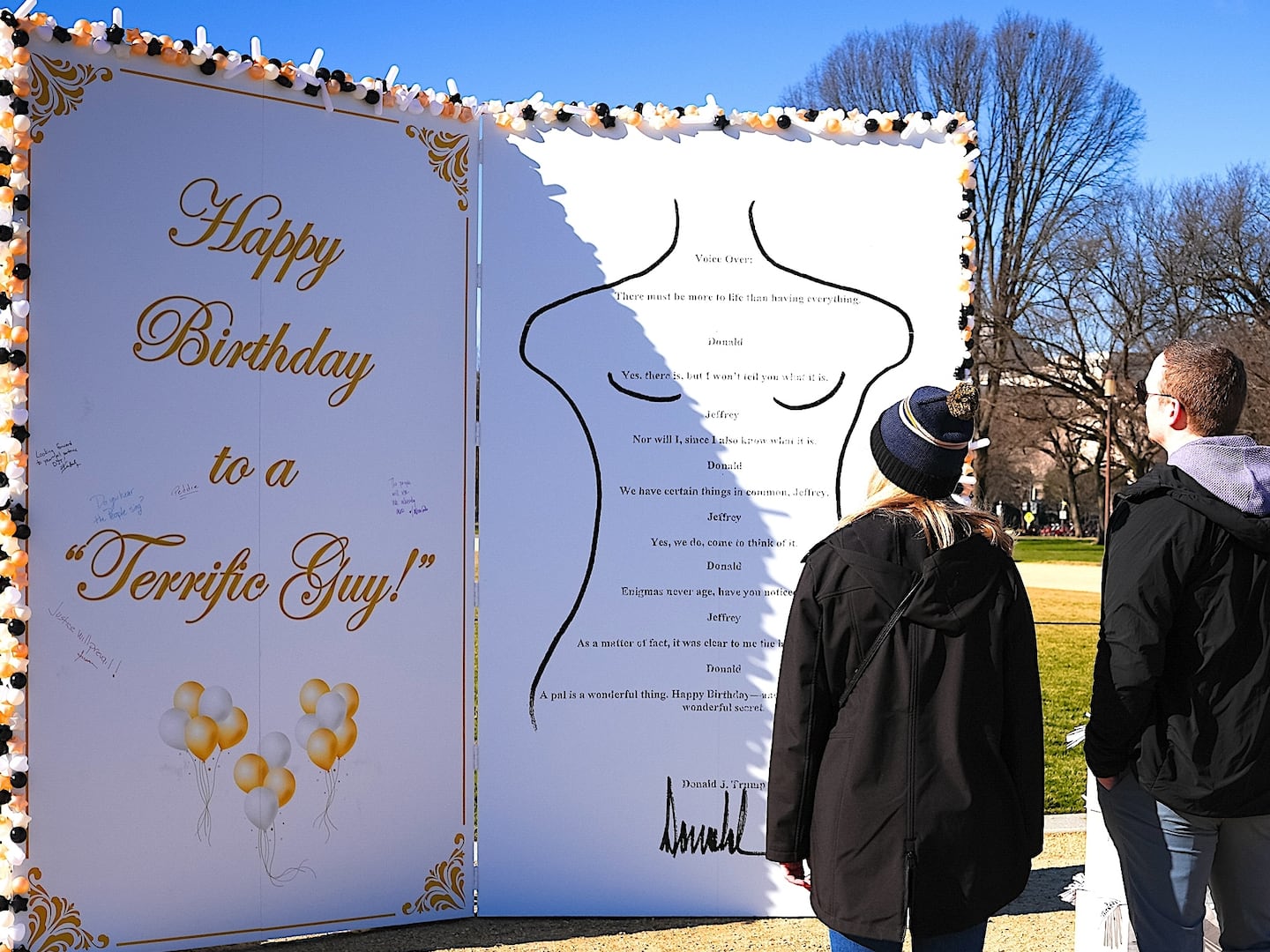Likely presidential candidate Jeb Bush delivered a nervous, uncertain speech on national security Wednesday, full of errors and confusion.
Seeking to differentiate himself from his father and brother, both former presidents, the former governor of Florida asserted, “I am my own man.”
But the man who emerged on stage at the Chicago Council on Global Affairs did not sound well-versed in foreign policy.
Bush’s clunky, rushed delivery paled in comparison to the hazy facts in the speech and vague answers he gave during a Q&A session following his remarks.
Speaking of the extremist group based in Nigeria that has killed thousands of civilians, Bush referred to Boko Haram as “Beau-coup Haram.” Bush also referred to Iraq when he meant to refer to Iran.
Further, Bush misrepresented the strength of ISIS, saying it has some 200,000 men, which is far greater than the U.S. intelligence community’s estimates. Last week National Counterterrorism Center Director Nicholas Rasmussen pegged the fighting strength of ISIS at between 20,000 and 31,500.
“Governor Bush misspoke,” Bush aide Kristy Campbell told The Daily Beast after the speech. “He meant 20,000.”
Referring to the leader of the so-called Islamic State, Bush referred to Abu Bakr al-Baghdadi as “the guy that’s the supreme leader or whatever his new title is—head of the caliphate.”
Bush was also short on describing how he might combat the threat of ISIS. “Taking them out” in partnership with regional allies was about as specific as he got.
“We have to develop a strategy, that’s global, that takes them out,” Bush said. “First, the strategy, you know, needs to be restrain them, tighten the noose, and then taking them out is the strategy.”
Unlike senators who have more opportunities to delve into international affairs, governors tend to have a steeper learning curve on foreign policy ahead of a presidential run.
And for all his bluster about being different from his brother and father, Bush didn’t really espouse a particularly unique worldview.
The similarities in doctrine shouldn’t come as a surprise. A list of his advisers in The Washington Post reads like a who’s who of hawks from the George W. Bush and Reagan administrations.
Bush did coin a new term—“liberty diplomacy”—and spoke of the need for the United States to be engaged around the world. He also endorsed the National Security Agency’s mass surveillance of Americans, which began under his brother following the 9/11 attacks, as “hugely important.”
At times Bush veered into talk about trade and the economy—two topics he was obviously more comfortable speaking about than issues of national security. As Bloomberg noted Wednesday, Bush has exposure to foreign markets as an adviser to Barclays PLC, he lived in Venezuela, and led trade missions to dozens of countries as governor.
The best-received lines from Bush were the gauziest.
“We shouldn’t be as pessimistic as we are. We’re on the verge of the greatest time to be alive,” Bush said. “We’re in our ascendancy as a nation, we just have to start acting like it again.”






